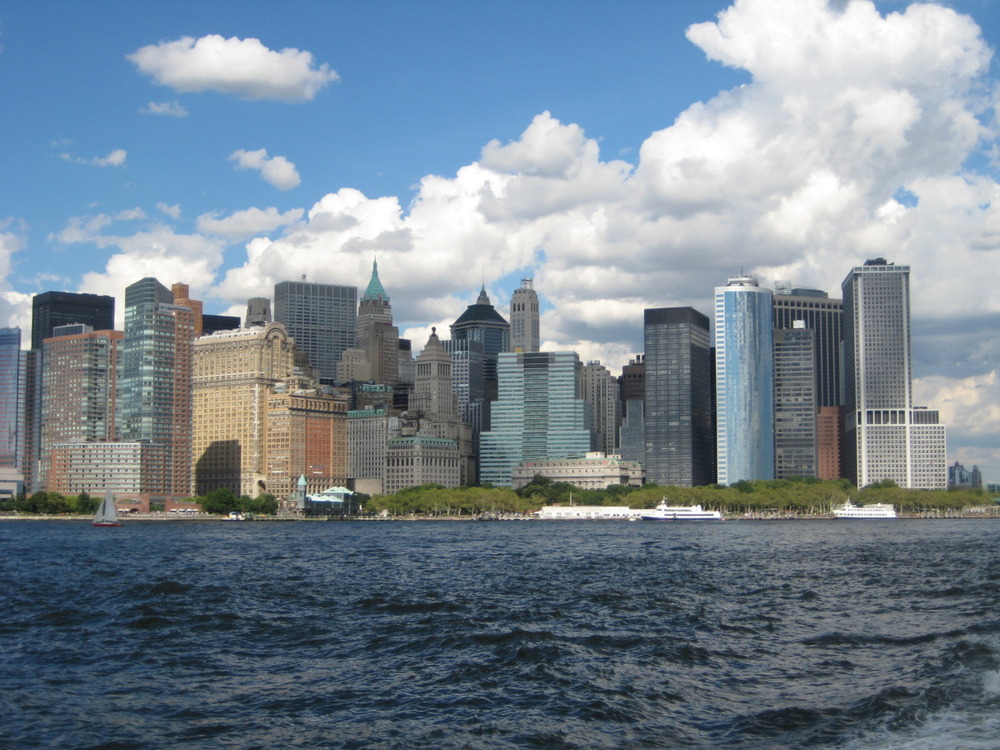I want to skip over reviewing the device, because its awesomeness has been acknowledged a million times over, with little unique to say. Instead I’d like to jot down some notes on how the iPad 3 has impacted my web browsing and media consumption. Over the course of the past month, there are some notable changes in my long-term habits that I have developed, which I think portend at least a little about the future of technology and media. Please note, none of these points are supposed to be right or wrong, they are simply observations about how my personal habits have changed.
iPad and Video
By far the most impactful shift has been my embrace of web video. I always watched the occasional video, and with my GoogleTV, I started watching a bit more online video content. Now with the iPad, web-based video has chopped my TV viewing time in half, and has eroded a decent chunk of my web reading time allocation as well. In fact, reading has been a far more significant loser since getting the iPad than anticipated. Reading had always been the means through which I pursued my primary interests and my self-enrichment time, while video was primarily my escape time. Even between cable, on demand and DVR, I didn’t have nearly enough video content that was “smart” and crafted for my desires. Now with the iPad it is far simpler than ever before to seek out and consume interesting and informative content that meets my tastes.
Now, I spend about 30 minutes a day watching TED Talks on different rewarding topics, and an additional 30 minutes of select YouTube content, ranging from old interviews, to lectures from some great thinkers, to cool videos of nature. Altogether, I find that the video watching I do on the iPad is distinctly different from what I watch on TV, therefore it has only cut out of my mindless TV time, rather than my entertainment TV time
(Slight digression: to me, mindless and entertaining are distinct types of consumption. Mindless are those channels I put on because there is no other option, just to clear my head, while entertainment is the content that I am thoroughly addicted to seeking out. Mindless TV for me is watching a Seinfeld rerun for the millionth time, while entertainment TV is watching the latest episode of Mad Men).
To that end, the amount of mindless time I spend watching actual TV has shrunk substantially (i.e. watching something just for the hell of it, when there is little else to do, like the 45 minutes while in bed before sleep), and has been replaced predominantly with much smarter content. I feel better for it at the end of the day too. All this helps further confirm my belief that YouTube will be a big winner in the future of video.
iPad and my Computer
One of the biggest changes is on the bigger level, about how I use my computer. My computer has become my exclusive domain for productivity functions, while the iPad, although not monopolizing consumption, has become the primary outlet through which I consume content. It’s just so easy to read and watch on the iPad, while still relatively difficult to coherently build something. I have used it in a complimentary role for my stock research, mostly as a 2nd screen and an easy way to visually see something that I am manipulating in either Excel or Word.
There are two important observations here. First, while the iPad is great for consumption of information, it really isn’t all that good for productivity functions. For this reason, I think all those who fear the imminent demise of the PC are overlooking the obvious—people use computers to both use stuff and to do stuff, and doing stuff isn’t going anywhere anytime soon. For data analysis and writing, the iPad simply cannot compete with a computer, and there is no reason as of yet to make that transition. Second, the iPad is much easier and more efficient for consumption, not because the screen is so shiny and pretty, but because the combination of finger flicks and taps is much simpler, smoother, easier and more fun than a keyboard and track pad, especially when making words out of buttons (aka typing) just is not necessary. The simplicity and fun combined are a powerful force in driving said consumption to the iPad.
The Future
The iPad alone brings cord cutting much closer to reality. One of the real consequences is that quite a bit of my personal cable-watching time has shifted to the web, and that trend will definitely continue to accelerate. With apps for each of the major networks, covering the majority of the shows I actually watch, the only real missing link continues to be live sports. As soon as the day arrives that sports are available for streaming on the web (note to the cable companies: you can only fight the inevitable for so long) my cord will be cut and cable will be in my past.





